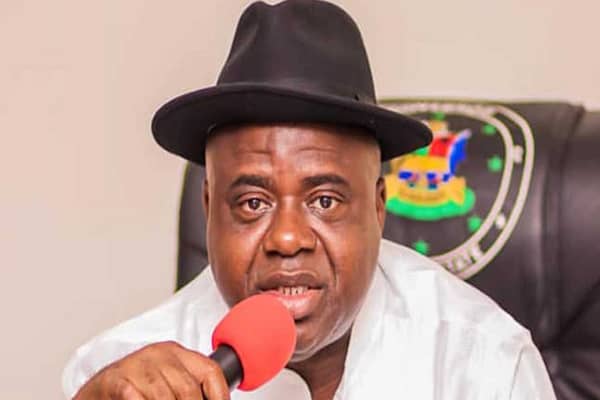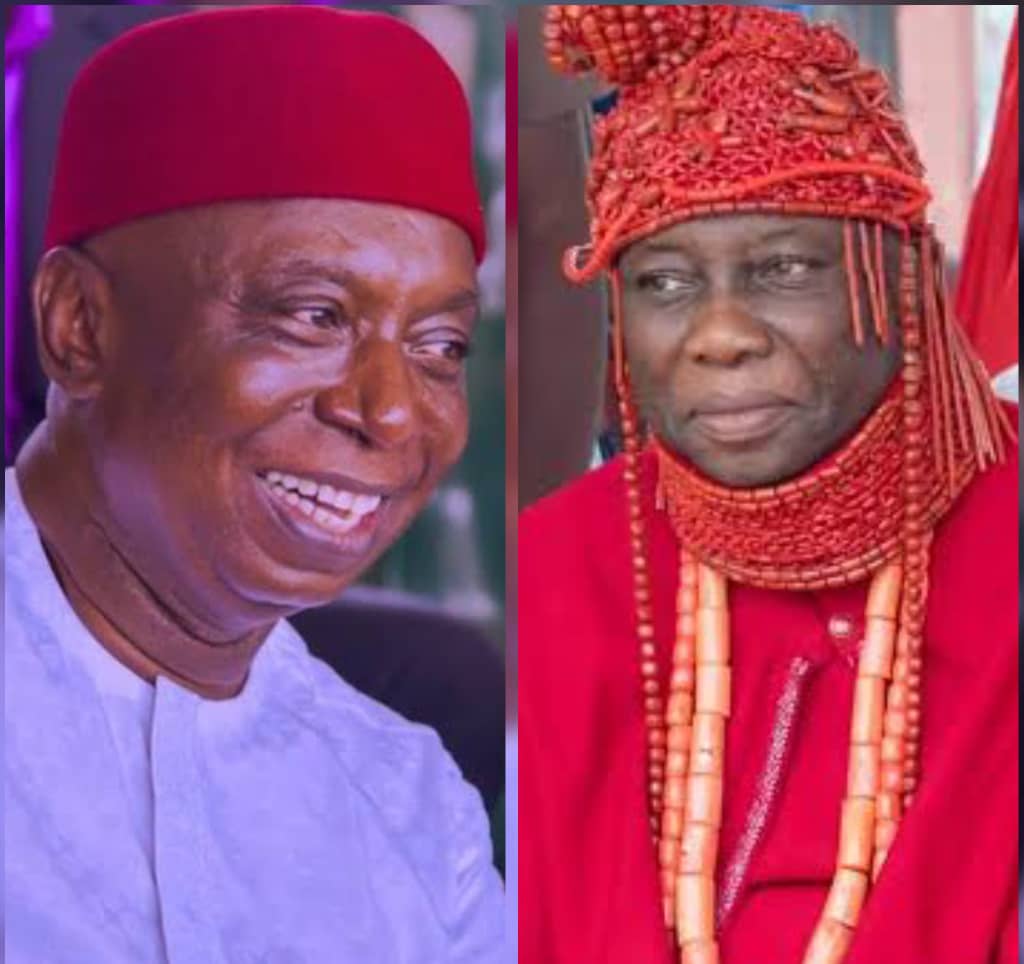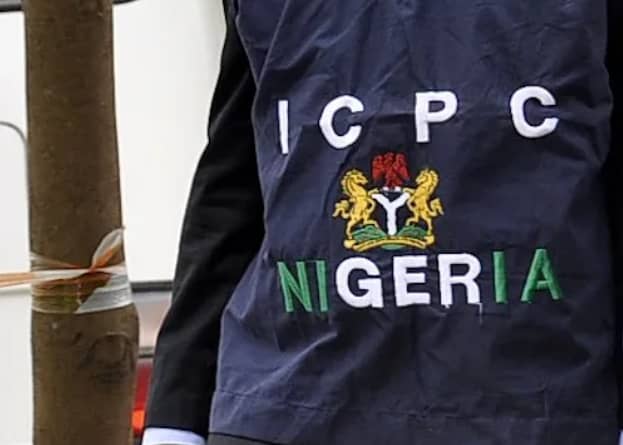Bayelsa State Governor, Senator Douye Diri, has said that the history of neglect and underdevelopment suffered by the Ijaw people motivated his administration’s decision to embark on major infrastructure projects across the state.
Diri made this known on Friday during an inspection tour of multi-billion-naira projects in three local government areas. According to a statement by his Chief Press Secretary, Daniel Alabrah, the governor visited sites including the 630-metre Angiama-Oporoma link bridge, Oporoma road, Otuan road, and Eniwari road in Southern Ijaw Local Government Area.
He also inspected the Polaku/Sabagreia link bridge in Kolokuma/Opokuma Local Government Area, as well as several projects in Yenagoa Local Government Area, including the 25,000-capacity stadium at Igbogene, Glory Drive Phase 3, a nine-storey secretariat complex, and Road One of the New Yenagoa City linking the Amassoma-Airport road.
Speaking at the inspection, Diri said his background as an Ijaw activist had given him first-hand experience of the injustice and deprivation faced by his people. He stated that his position as governor offered him a unique opportunity to tackle some of these longstanding challenges.
“Many do not understand where I am coming from. I was an Ijaw activist and so I am coming from a background of deprivation,” Diri said. “The Ijaws are a people that had been deprived over the years, and here I am having the opportunity to address some of these deprivation issues. I do not need anybody to tell me what to do because I was already aware of the level of deprivation in Ijaw land.”
The governor stressed that his administration was determined to prove to the people that it was taking the right steps to address the region’s infrastructure needs, adding that mere criticism without action was not enough.
At the Angiama-Oporoma bridge site, which is being constructed by China Civil Engineering and Construction Corporation (CCECC), Diri said the state government had fully met its contractual obligations. He commended the company for the quality and pace of the work so far.
He noted that Oporoma, the headquarters of Southern Ijaw Local Government Area, had remained inaccessible by road for more than 60 years. He reiterated his administration’s resolve to break what he called a longstanding “jinx” and open the area to road access.
“This is a local government headquarters that has been inaccessible by road for over 60 years, and it is a jinx we are poised to break,” he said. “The quality and pace of work done speak to the competence of the construction company. On the part of the government, we are keeping to our promises by not failing in terms of funding the projects. We are all happy — the contractor, government, and the beneficiaries, which are the people of this local government area.”
At the stadium construction site in Igbogene, Diri said the project was at the crucial stage of piling and sand-filling. He emphasised the importance of building a strong foundation, especially given the swampy terrain of the state.
“The foundation is the most important aspect of this project. If you do not get the foundation right, then everything will collapse, particularly in a terrain like ours,” he explained. “For a stadium project like this, you need to pile and do a lot of sand-filling. I am satisfied with what I have seen today. Even with the rains, work can still continue here.”
On the issue of cost variations, the governor said his administration was not expecting any increases since the contracts were awarded after the onset of the current national economic challenges and were based on prevailing market prices.
Diri expressed confidence that all the projects inspected would be completed within the agreed timelines. He maintained that the government’s approach was to deliver durable infrastructure that would address the developmental gap created by decades of neglect of the Ijaw people.





